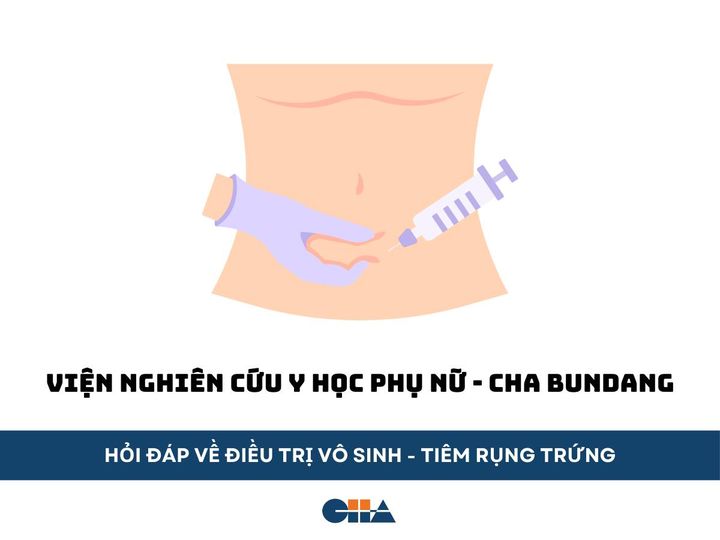The stomach functions as a temporary storage and digestion organ for food. After gastric bypass surgery, both of these functions may be compromised, and patients may experience the following symptoms:
► Weight loss: Within approximately six months post-surgery, patients typically lose between 10-15% of their body weight, and in some cases, up to 20%. This is due to a reduced food intake and diminished nutrient absorption capabilities.
► Dumping syndrome: This occurs when food moves too quickly into the small intestine, causing it to expand and leading to increased intestinal motility. Symptoms can include abdominal pain, bloating, vomiting, diarrhea, nausea, headaches, and cold sweats. To prevent Dumping Syndrome, patients should chew their food slowly and thoroughly and divide meals into smaller portions.
► Reflux esophagitis and gastritis: These conditions may arise when the pyloric sphincter is removed during surgery, leading to the reflux of pancreatic and bile fluids into the small intestine, which can irritate the stomach lining or esophagus. To prevent this, patients should avoid lying down immediately after eating and instead should sleep on their side two hours after meals.
► Anemia: This condition may occur due to poor absorption of iron and vitamin B12 following surgery.
► Constipation/Diarrhea: Patients may experience temporary constipation due to reduced food intake after surgery, or they may have fatty stools, diarrhea, or loose stools due to impaired fat absorption. Therefore, it is recommended to avoid overeating and to consume smaller, more frequent meals after surgery.








